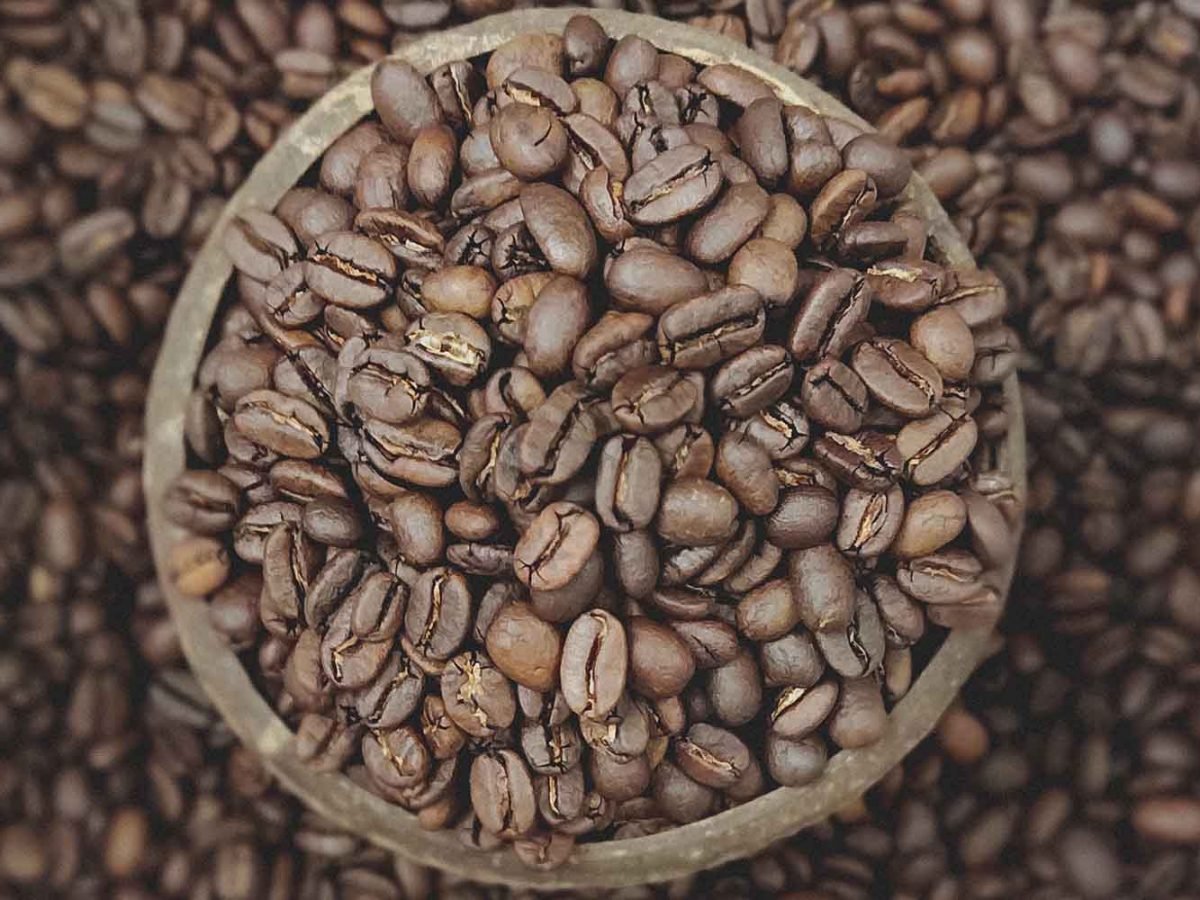Exploring the Richness of Indonesia’s Roasted Coffee
Indonesia’s Roasted Coffee, a sprawling archipelago known for its diverse landscapes and vibrant culture, has also earned a distinguished place on the global coffee map. Renowned for its unique coffee varieties and traditional roasting methods, Indonesian roasted coffee has become a cherished gem among coffee enthusiasts worldwide.
The Origins of Indonesian Coffee
The journey of Indonesia’s coffee culture dates back to the late 1600s when Dutch colonialists introduced Arabica coffee to the region. Over the centuries, the fertile volcanic soil and tropical climate of islands such as Java, Sumatra, Sulawesi, and Bali proved to be ideal for coffee cultivation. Today, Indonesia is celebrated for producing some of the world’s most distinctive and sought-after coffee beans.

Varieties of Exploring the Richness of Indonesia’s Roasted Coffee
One of the hallmarks of Indonesian coffee is its variety. Sumatra Mandheling, Java Arabica, Sulawesi Toraja, and Bali Kintamani are just a few examples of the diverse coffee varieties cultivated across the archipelago. Each region boasts unique flavor profiles, influenced by factors such as altitude, soil composition, and local processing techniques.
Traditional Roasting Techniques
What sets Indonesian roasted coffee apart is the meticulous and time-honored roasting methods employed by local farmers. Many still adhere to traditional processes, utilizing wood-fired drum roasters that impart a distinct smoky flavor to the beans. This hands-on approach, passed down through generations, adds a cultural touch to the coffee and contributes to its exceptional taste.
Unique Flavor Profiles Indonesia’s Roasted Coffee
Indonesian coffee is celebrated for its rich, full-bodied taste and low acidity. The volcanic soil imparts a unique earthiness, while the combination of traditional wet-hulling and natural drying processes enhances the beans’ complexity. Notes of dark chocolate, spices, and a hint of tropical fruit often characterize the flavor profiles, creating a sensory experience that captivates coffee connoisseurs.
Sustainable Farming Practices
In recent years, there has been a growing emphasis on sustainable and eco-friendly coffee farming in Indonesia. Many farmers are adopting organic methods, promoting biodiversity, and participating in fair trade initiatives. This not only ensures the preservation of the environment but also contributes to the welfare of local communities involved in the coffee production chain.
Coffee Tourism in Indonesia’s Roasted Coffee
For those passionate about coffee, Indonesia offers a unique opportunity for coffee tourism. Travelers can explore lush coffee plantations, witness the entire coffee production process, and indulge in tastings of freshly brewed local blends. This immersive experience allows visitors to appreciate the dedication and craftsmanship involved in creating Indonesia’s world-class roasted coffee.
Challenges and Opportunities
While Indonesian coffee has gained international acclaim, the industry faces challenges such as climate change, pests, and aging coffee trees. However, these challenges also present opportunities for innovation and sustainable practices. Initiatives focused on improving crop resilience, supporting local farmers, and preserving traditional coffee-growing regions are essential for ensuring the continued success of Indonesia’s coffee industry.
Conclusion
Exploring the richness of Indonesia’s roasted coffee is a journey into the heart of a culture deeply intertwined with this beloved beverage. From the fertile soils of diverse islands to the hands that carefully roast each bean, every step in the process contributes to the exceptional quality and unique character of Indonesian coffee. As global appreciation for specialty coffees continues to grow, Indonesia’s roasted coffee stands out as a testament to the country’s commitment to preserving its rich coffee heritage.











